The second event I attended, just last week, was the Inauguration Symposium of the “Alexander von Humboldt Institute for Internet and Society” – also referred to as the Google Institute or Google-financed Institute (see its mission statement here). Even though I was a little skeptical at first, given the fact that Google sponsored both the Institute and the event, I greatly enjoyed the symposium! The first thing I realized when checking in was that a lot of technology would be involved in the conference.
The most stunning piece of technology was table cards with our names on them, but also QR codes identifying our profiles (we all had set up before going to Berlin). Whenever someone from the audience wanted to contribute something the QR code was scanned and the profile of the person was displayed on a screen (guess Patrik Svensson, director of HUMlab, would have loved this!). Right next to this screen was an even bigger screen showing the slides and an extended flip chart with a piece of paper on it – this was used to keep track of each session with a visualization, a picture summarizing the topics dealt with in the session (created by highly skilled illustrators!!). Moreover, there was a Google doc that collected notes and thoughts on the presentations, referees, and discussions. Given all this available documentation/ information a blog post on the issues treated at the conference seems to be almost obsolete.
That is why I’d like to share some unsystematic thoughts rather than a systematic summary of the conference (also because I missed parts of it). Altogether I think the four directors – Dr. Jeanette Hofmann, Prof. Ingolf Pernice, Prof. Thomas Schildhauer and Dr. Wolfgang Schulz -, together with the organizers, managed to put together a dense program with great speakers (especially on this short notice). I liked the workshop-oriented approach, even if it partly turned out to be more of an academic conference, than an interdisciplinary workshop. The combination of presentations and respondents worked out well and the chairs did a great job in general. My personal highlights were the sessions “Wisdom and Power of the Crowds“, especially Malte Ziewitz’s contribution on crowd wisdom and regulation, and “Dwelling in the Web: Towards a Googlization of Space” with contributions from Florian Fischer, Lonneke van der Velden, Robert Vogler, Tristan Thielmann; commented by Richard Rogers and others.
In the latter session the role of Max Senges, working in Google’s policy team and mediating between the new Institute and Google, as it seemed to me, attracted my attention. Whenever criticism of Google was raised (e.g. its policy of border drawing in regions such as Tibet) Max Senges started to defend Google, which I found interesting and made me wonder what the overall agenda may be that Google followed with funding the Institute (an aspect that is still not entirely clear to me, but will only get clearer in the upcoming years, I guess). In this context an interesting question was raised by Senges at the very end of the symposium: How could the Institute and its research be evaluated beyond classical academic impact factors? (This question is not easy to answer, of course, but Cornelius Puschmann put up some interesting thoughts for discussion in his recent blog post)
The format of the last day was a little challenging. The idea was to have round table discussions in small groups debating/ reflecting results from the first two days together with stakeholders, who might not have been part of the symposium. Since the schedule was really tight this didn’t turn out so well, I thought. I thus decided to attended a workshop, where Cornelius and David Pachali presented the online platform (to-be) Regulation Watch and discussed it with the workshop participants to figure out what such a platform could/ should provide and who might contribute/ and why – which was fun. Besides the academic insights I got, I appreciated the really good food, drinks and, of course, the boat trip through Berlin by night, one of the highlights I got to experience together with Katrin Weller, René König, and others 
And, last but not least, I loved to be back in Berlin, which is a truly great and vibrant city. Thanks to Axel Volmar for letting me stay at his place again, in lovely Kreuzberg!
If you got interested in the event more information could be found online: First, all the draft papers created for each of the sessions organized along the four directors and their topical foci. (The Google docs created at the conference and summarizing all workshops are only accessible to participants of the conference unfortunately). Second, blog posts on selected sessions, e.g. by Axel Bruns (SnurBlog), Judith Schossböck (Digital Goverment & Society) or Cornelius Puschmann ( Blog). Third, the visual representations of the sessions provided by Esteban Romero-Frías on his blog. And, finally, a link to the videos of the keynotes of the four directors and Eric Schmidt’s contribution.

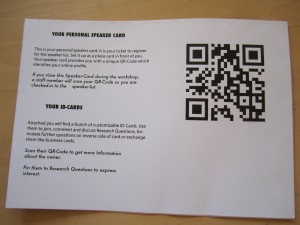
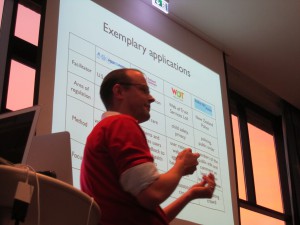
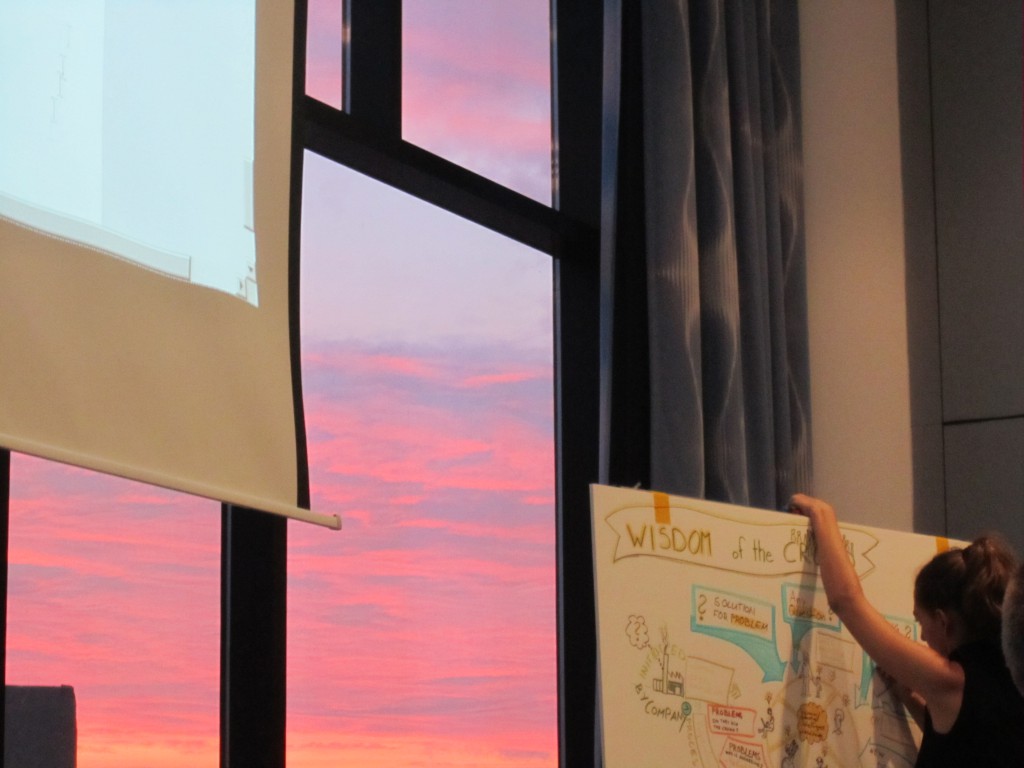
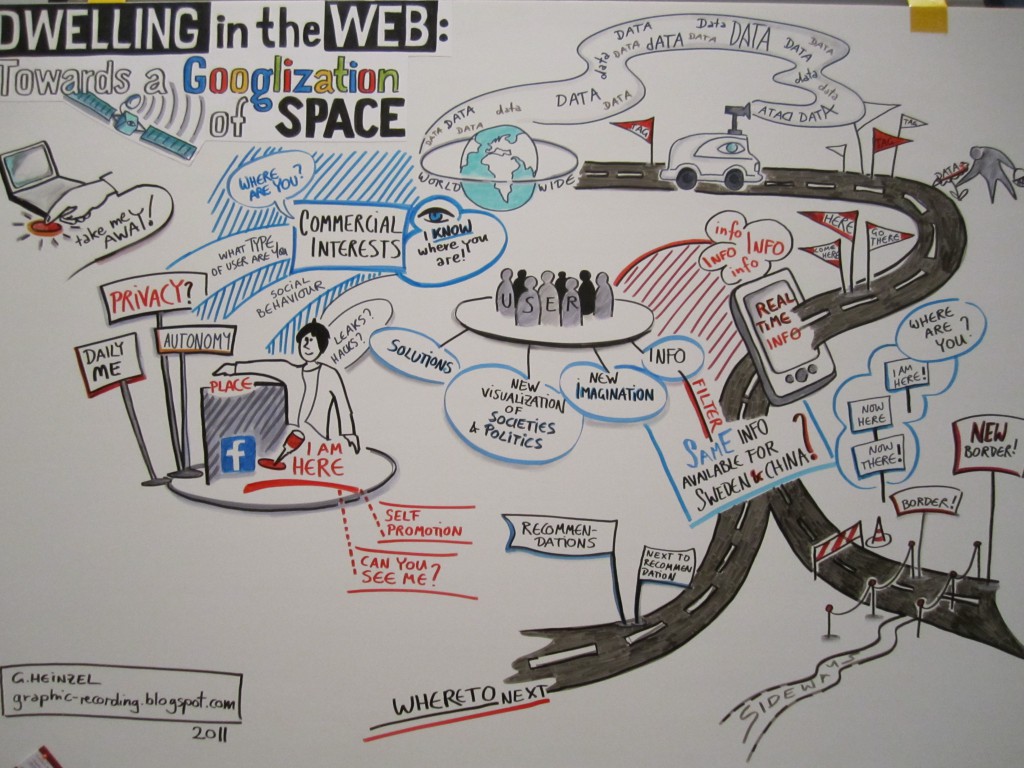
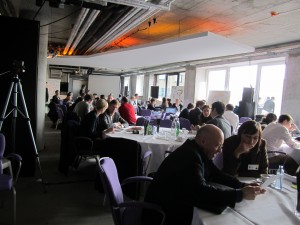
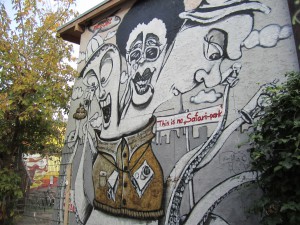
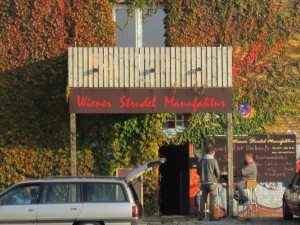
Pingback: Institute for Internet and Society/ Berlin « The HUMLab blog :